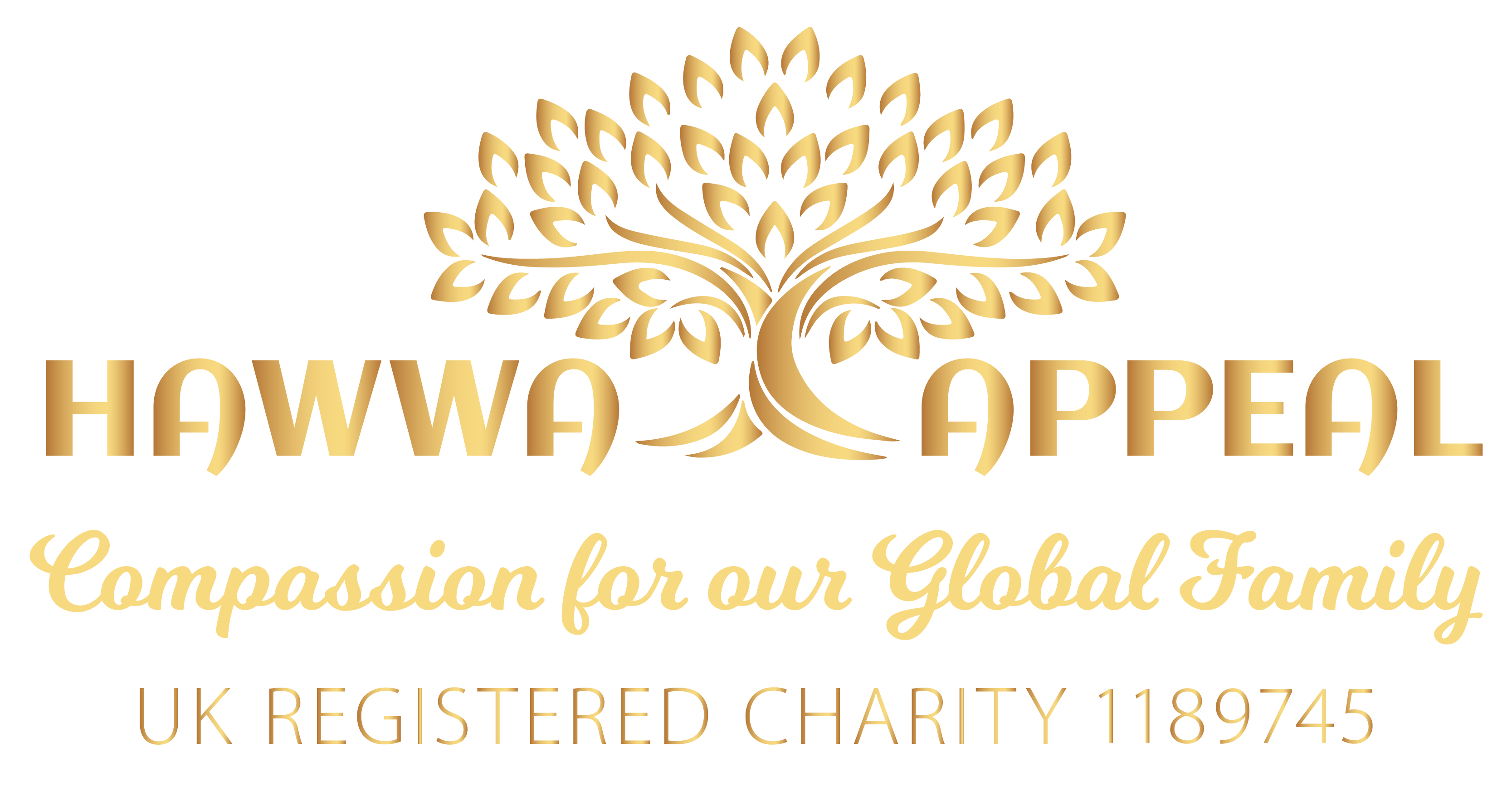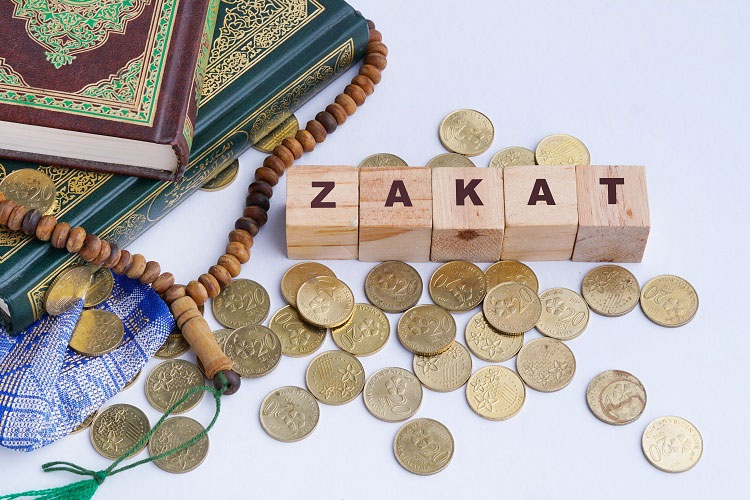
What is Zakat & Who can Recieve it

Zakat is an Islamic finance term referring to the obligation that an individual has to donate a certain proportion of wealth each year to charitable causes. Zakat is a mandatory process for Muslims and is regarded as a form of worship.
Zakat (Arabic: زكاة zakāh [zaˈkaːh], “that which purifies”, also Zakat al-mal [zaˈkaːt alˈmaːl] زكاة المال, “zakat on wealth”, or Zakah) is a form of alms-giving treated in Islam as a religious obligation or tax, which, by Quranic ranking, is next after prayer (salat) in importance.[
As one of the Five Pillars of Islam, zakat is a religious duty for all Muslims who meet the necessary criteria of wealth. It is a mandatory charitable contribution, often considered to be a tax. The payment and disputes on zakat have played a major role in the history of Islam, notably during the Ridda wars.
Zakat on wealth is based on the value of all of one’s possessions. It is customarily 2.5% (or 1⁄40) of a Muslim’s total savings and wealth above a minimum amount known as nisab, but Islamic scholars differ on how much nisab is and other aspects of zakat. According to Islamic doctrine, the collected amount should be paid to the poor and the needy, Zakat collectors, recent converts to Islam, those to be freed from slavery, those in debt, in the cause of Allah and to benefit the stranded traveller.
Today, in most Muslim-majority countries, zakat contributions are voluntary, while in Libya, Malaysia, Pakistan, Saudi Arabia, Sudan, and Yemen, zakat is mandated and collected by the state (as of 2015).
Shia Muslims, unlike Sunni Muslims, traditionally regarded zakat as a private and voluntary action, and they give zakat to imam-sponsored rather than state-sponsored collectors.
In the UK, Muslims pay Zakat either to charities or to individuals in the native countries, both are perfectly viable. Although giving Zakat to someone in the family, neighbourhood or to someone you personally know would be preferred. Muslims in the UK work out thier Zakat in various ways, how they workout and what they pay is a matter between them and their Lord.
At HAWWA Appeal we ensure we follow the ruling with regards to who can recieve Zakat:
The Poor (generally orphans, people affected by a natural disaster or women without a bread winner) The Needy (Refugees & Asylum seekers, those without shelter, those needing water or food)